11th ISNS European Regional Meeting, Bratislava Slovakia; An Overview
Reflecting on a common concern in newborn screening: Reliability.
We advance human health and well-being by providing an extensive portfolio of in-vitro diagnostic (IVD) systems, reagent kits, and software used by thousands of hospitals and laboratories worldwide. Most notably, Waters delivers technologies for newborn screening, an area of clinical diagnostics that has made a healthy adult life possible for millions.

Reflecting on a common concern in newborn screening: Reliability.
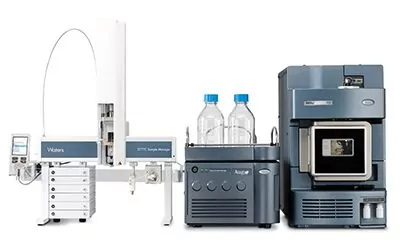
Waters’ legacy of purposeful innovation continues with the recently introduced RenataDX Screening System, a flow-injection tandem mass spectrometry system for high-throughput analysis of extracted dried blood spots and other physiological matrices.

Newborn screening for inherited metabolic disorders dates to the early 1960s when Dr. Robert Guthrie in Buffalo, New York developed the first screening test for phenylketonuria (or PKU), a metabolic disease in which patients can’t metabolize the amino acid phenylalanine.

Mass spectrometry has been game changer in newborn screening because rather than having a single test for a single condition, there was now a technique that provided a single test for a large number of different conditions.

Q&A from a recent forensic toxicology webinar on using an ACQUITY UPLC I-Class/Xevo TQ-S micro MS system for quantifying cannabinoids in oral fluid.

Meet Vicky, who joined Waters’ Customer Success Team about two years ago with 20 years of LC-MS experience. She specializes in clinical forensic and toxicological applications supporting customers in Northern Europe.
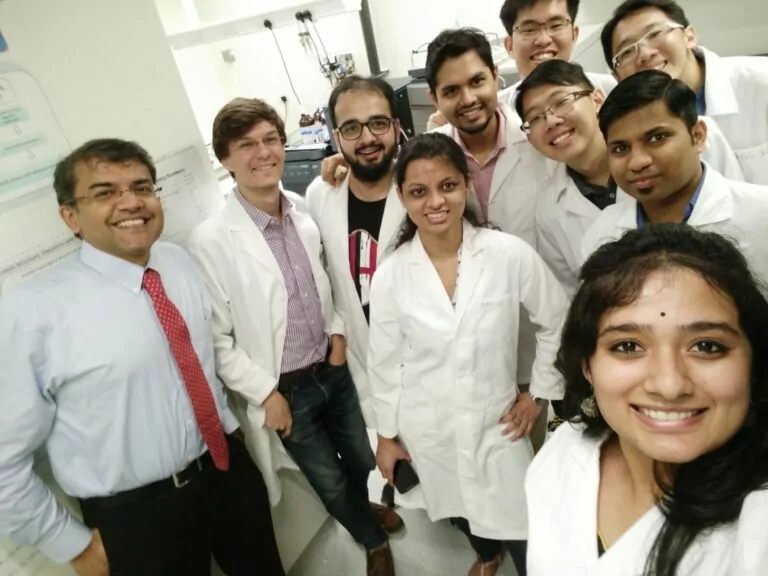
Eradicating all the mosquitoes that may cause Dengue fever isn’t a realistic solution. Instead, researchers at the NUS are using advanced analytical technologies to understand what causes the virus to incubate and spread – and thus, to find a way to stop it.
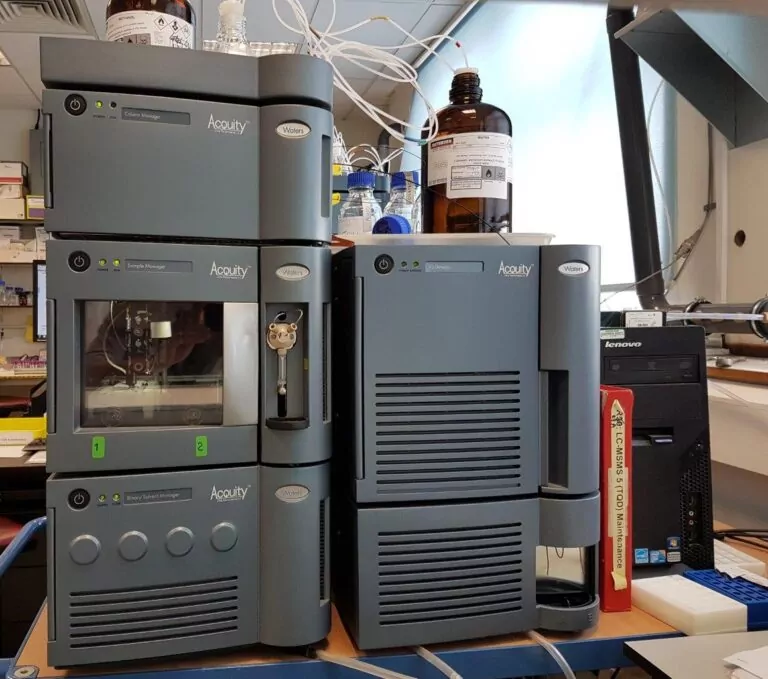
Labs like King’s Liver Laboratories in London need to analyze thousands of samples with fast turnaround times, so it’s critical to have reliable LC-MS/MS instrumentation that works every day and provides accurate and precise results.
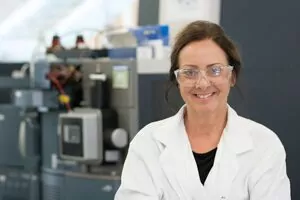
Michelle and her team are responsible for identifying high-demand assays and developing appropriate LC-MS solutions for use in toxicology.

Targeted LC-MS based assays are increasingly applied in the post-discovery Omics area with an emphasis on validation, the first of many phases in translational research; and in studies that are aimed at gaining the understanding of biological systems in terms of drug development and treatment. Understanding the context of analytical results is driving current research,…
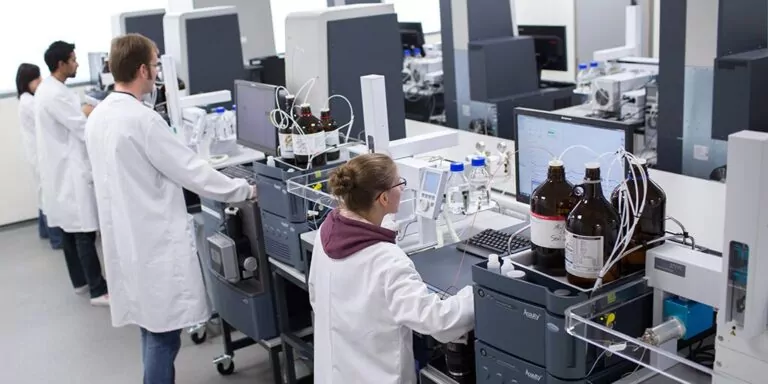
The world is facing an unprecedented convergence of environmental and lifestyle factors that dramatically increase our risk of chronic disease. Global warming, antimicrobial resistance, aging populations, and the prevalence of lifestyle-related illnesses are systematically affecting populations around the world and posing some of the greatest scientific and public health threats seen in modern times. These…
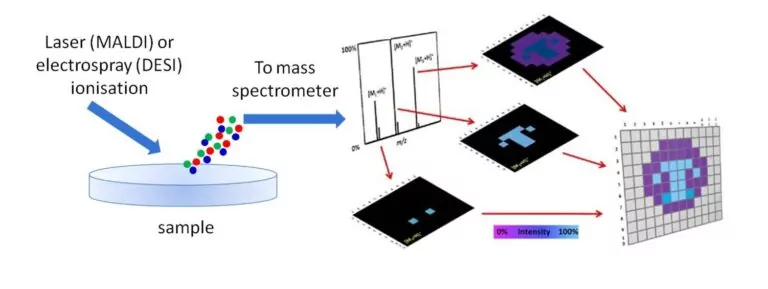
The spatial distribution of molecular species in a sample can provide a wealth of information about biological, chemical and physiological processes. Mass spectrometry (MS) imaging is a rapidly developing research technique that enables specific measurement of molecular targets at complex surfaces. This direct-from-sample analytical technique provides researchers with the information needed to quickly and objectively…
ACQUITY QDa (16) bioanalysis (11) biologics (14) biopharma (26) biopharmaceutical (36) biosimilars (11) biotherapeutics (16) case study (16) chromatography (14) data integrity (21) food analysis (12) HPLC (15) LC-MS (21) liquid chromatography (LC) (19) mass detection (15) mass spectrometry (MS) (54) method development (13) STEM (12)